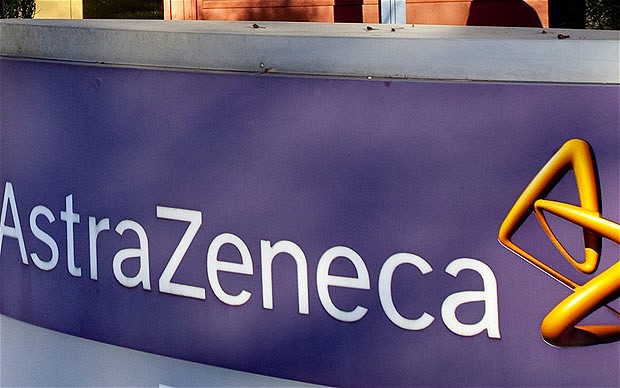
Written by: Francesca Gennari – 30 May 2014 – Europae European affairs magazine
Astrazeneca was born on 6 April 1999 from the merger between the Swedish company Astra AB and the British group Zeneca plc. At the time, this merger was very favorably received internationally, as both original companies shared the same business ambitions, coupled with a keen interest in high-level scientific research.
Astra AB it had been founded in 1913 by a group of four hundred people including doctors and pharmacists. Thanks to the guidance of the "leading family", the Johannsons, and of the historical managing director, Borje Gabrielson, Astra has become the first Swedish producer of pharmaceutical products, in particular penicillin and anesthetics. Zeneca plc instead it was the result of a split, dating back to 1993, of the pharmaceutical and agrochemical branches of the Imperial Chemical Industries.
Astrazeneca is today the seventh largest multinational pharmaceutical company in the world, a leader in drugs for cardiovascular disorders, gastrointestinal infections, and neuroscience and cancer research, with laboratories in Cambridge and Sweden.
Why then from weeks on The Guardian, the Financial Times and it Svenska Dagbladet is there an entire section dedicated to updates on the goings-on of this company? The answer comes from the United States and, in particular, from the pharmaceutical giant Pfizer which, since 25 November 2013, has literally "set its eyes on" the European multinational. Ian Read, CEO of Pfizer, has made known to Pascal Soriot, CEO of Astrazeneca, his intention to start talks in the event of a merger between the two multinationals.
Plans related to Ian Read's merger came to fruition in a formal proposal on January 5, 2014, when the US CEO threw mind-boggling figures on the table: £58 billion and a valuation of the shares of £46.61 each. However, the discussions have reached a dead end. Read has literally begged Prime Minister David Cameron to be able to base his European operations in the United Kingdom and to be able to use the 20% of staff "stationed" in Cambridge after the merger. Ed Miliband, Labor leader, accused Cameron instead of being the "cheerleader" who is rooting for Pfizer and underlined the importance of the issue at a national level: in fact there were, and still are, many concerns regarding relocation and cuts in personnel involved in research [on the top right the research centres].
Greater reassurances and above all guarantees are those desired by Lord Sainsbury in England. The Johanssons and Commissioner Anders Borg said they were worried. There is in fact a precedent: the merger of Pfizer with the pharmaceutical company Pharmacia has shown that the American company has not kept its promises regarding the productive reorganization.
For the Sweden, the loss of Astrazeneca, absorbed by Pfizer, would be the umpteenth stage of an irreversible decline: Volvo is now Chinese, Volkswagen is trying (successfully) to acquire Scania. If Astrazeneca were to become part of Pfizer, also given the loss of Ericsson, Swedish industrial excellence would not be much left.
On May 18, 2014 Pfizer launched a new offer: this time it's 69 billion of pounds. The proposal has been defined "final”, that is, irrevocable. However, the figure did not seem to be persuasive enough for the Astrazeneca steering committee, which, in a press release, announced its refusal and exit from the negotiations the following day. As you can imagine, this was not very welcome to the majority shareholders of the European multinational. Pfizer took advantage of theemotional turmoil to communicate, on the evening of May 19, that his offer of £55 per title could be increased, although the proposal was already final.
Astrazeneca condemned this behavior calling it unfair: it would be unlawful pressure which could push the majority shareholders to change the opinion of the board, without having any assurance that the offer will actually be increased. Action, reaction: Astrazeneca's majority investor, Black Rock, asked the board to reconsider Pfizer's proposal on Friday, May 23. The rest to the next episode.





